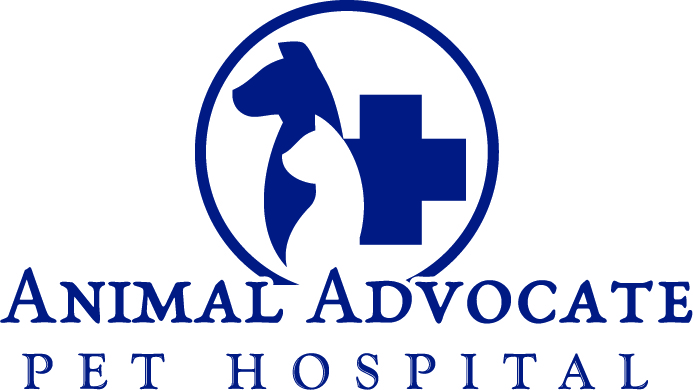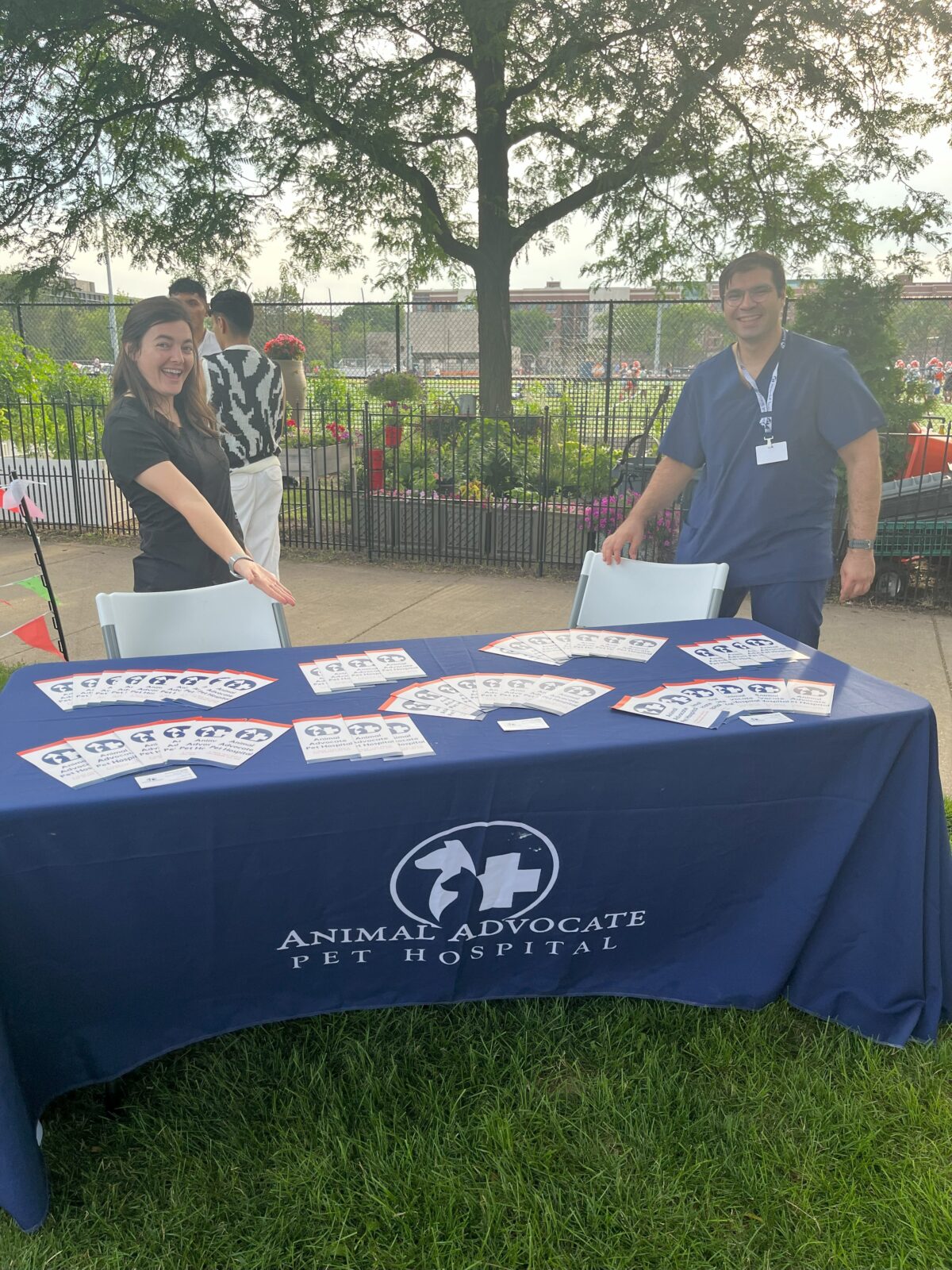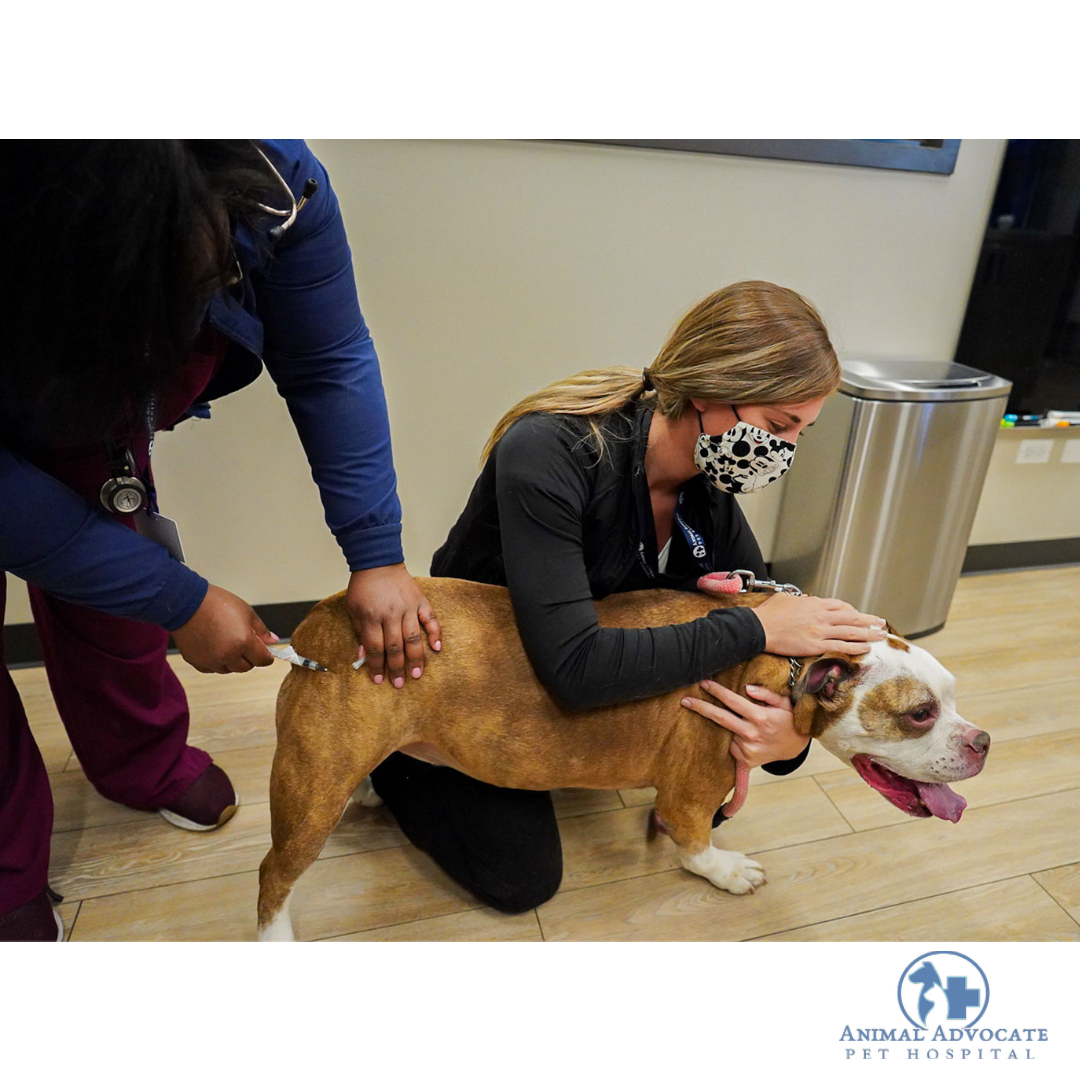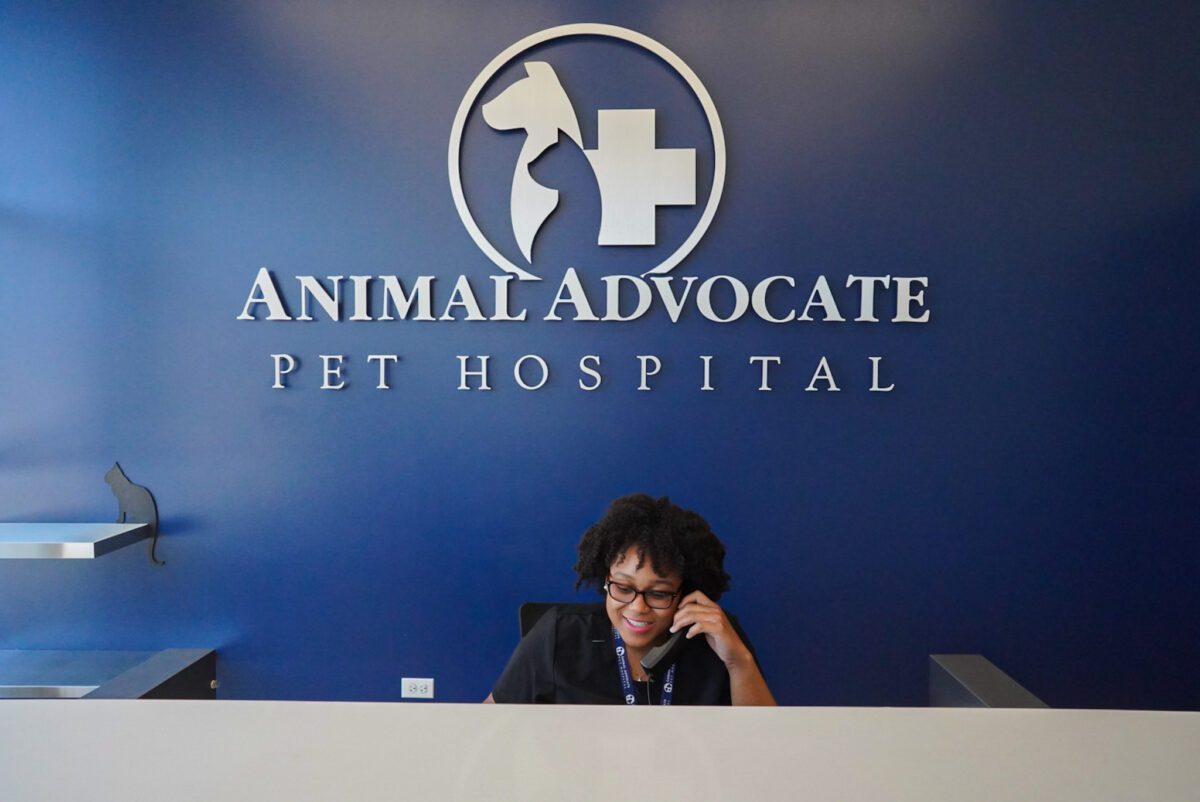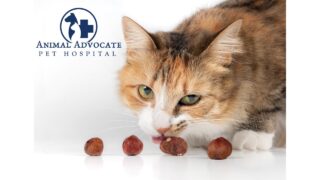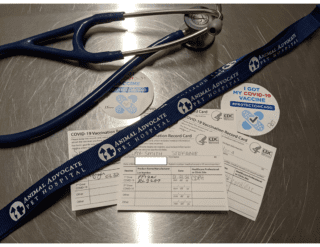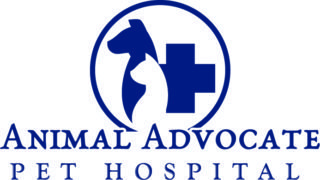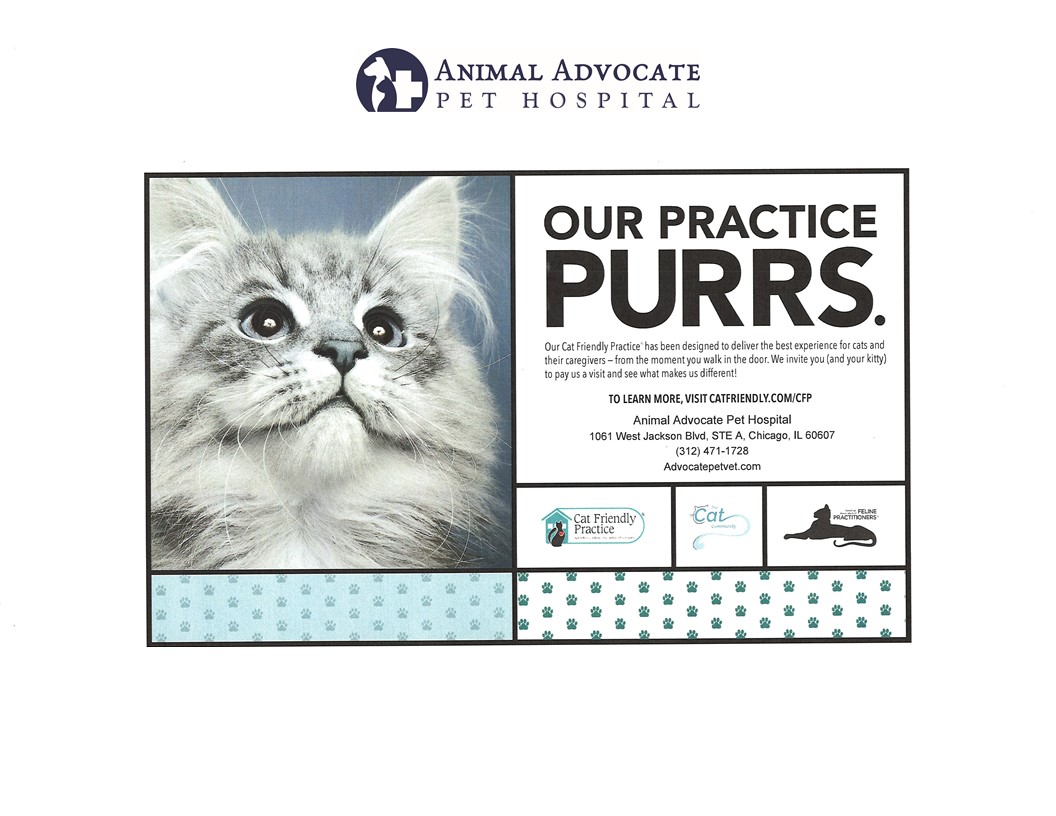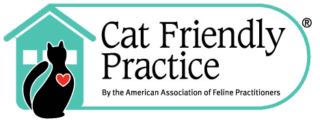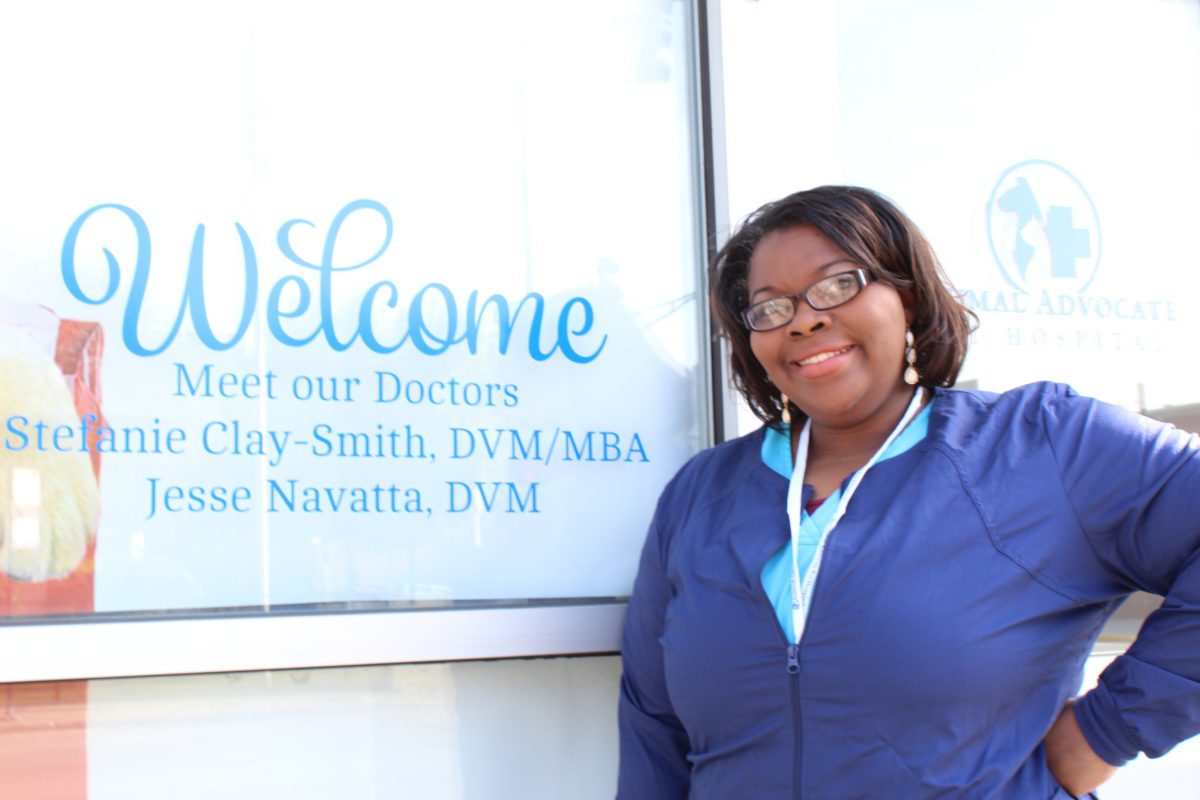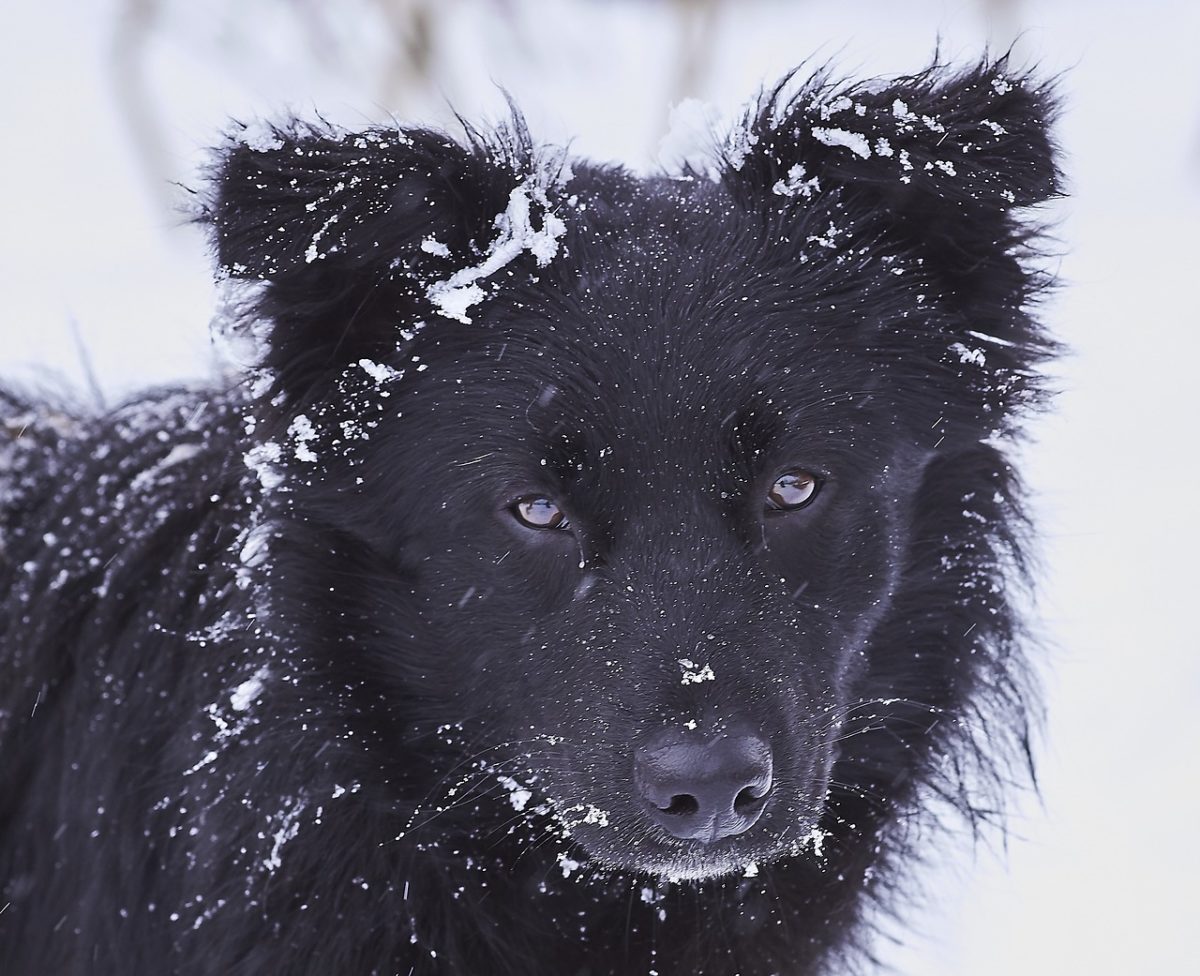Vaccine Education
Here at Animal Advocate Pet Hospital we understand the importance of vaccinations and other preventive care services as they are an essential part of maintaining your pet’s health status. Vaccines help protect your 4-legged friend from deadly diseases in the world. We know health brings many questions to mind. Therefore, we’ve provided a few answers to some frequently asked questions below. Do not hesitate to reach out or call us at (312) 471-1728 with any concerns or questions you may have about your pet’s vaccinations.
Vaccines are biological substances made to be injected or “shot” inside your pet. They are designed to protect your pet against extremely infectious illnesses and diseases. Once administered to your pet, their immune system begins to produce antibodies that will fight against the disease that they could possible encounter in the future.
- What is the importance of a vaccine?
The importance of a vaccine is making sure your pet is able to enjoy living a healthy lifestyle without the fear of becoming seriously ill that at times can become fatal. Studies have shown the wide use of vaccines have substantially prevented death and diseases in millions of pets.
- What are the various types of vaccines?
Vaccines are broken into two categories that are heavily determined by your pet’s age, lifestyle, health risks, stress factors, and exposure to other pets. As an evidence-based practice we align our vaccine guidance with the task force of experts joined by AAHA or the American Animal Hospital Association.
- Core vaccines are key for the well-being of all dogs and cats based on the nature of the severity of disease, risks in exposure, and risk for transmission to other pets and humans. These vaccinations are typically administered in a booster shot series. For dogs, the core canine vaccination series is known as DAPP and Rabies. For cats, the core vaccination series is known as FVRCP and Rabies.
- Non-core/Lifestyle vaccines are recommended based on your pet’s particular needs. These vaccines can be given based on where your pet resides and exposure to different species that carry various diseases.
- Are vaccines required by law?
Each state has its own laws requiring rabies vaccinations. The state of Illinois recommends that every owner of a dog and companion cat be vaccinated against rabies starting at four months of age. A second rabies vaccination shall be administered within one year of the first. Feral cats are exempted. However, if feral cats are presented to a veterinarian for sterilization, they must be vaccinated.
- How do I prepare my pet for a vaccine?
Ahead of the vaccination appointment make sure your pet is maintaining a healthy balanced diet, hydrated, taken a bath, and their coat is well brushed for the ease of the area of injection.
- Can I bring my pet around other pets before they are fully vaccinated?
It’s best to not let your pet interact with other pets until they are fully vaccinated. During the timeframe of your pet’s vaccination series the vaccines are stimulating the immune system to develop in defense mode against any harmful illness in which your pet could possibly encounter. Even after being fully vaccinated your pet should still wait at least another two weeks before interacting with other pets. There are a few exceptions such as if the other pets are fully vaccinated, not ill, and are in a safe environment that’s not overly populated.
- At what age should my pet obtain a vaccine? Please see charts below.
| Canine Vaccine Chart:
The Vaccines That Help Prevent Common Diseases |
| Vaccine |
Puppy (at or under 16 weeks) |
Adult Dog (over 16 weeks) |
Disease |
| The “D” of DAPP |
At least 3 doses, given between 6 and 16 weeks of age |
2 doses, given 3-4 weeks apart (Puppies need a booster 1 year after completing their initial series, then all dogs need a booster every 3 years or more often) |
Canine Distemper Virus (CDV) |
| The “A” of DAPP |
Depends on vaccine. For instance, the intranasal one just has to be boosted once a year |
Depends on vaccine (Puppies need a booster 1 year after completing the initial series, then all dogs need a booster every 3 years or more often.) |
Canine Adenovirus 1 (CAV-1) |
| The “A” of DAPP |
At least 3 doses, between 6 and 16 weeks of age |
2 doses, 3-4 weeks apart (Puppies need a booster 1 year after completing the initial series, then all dogs need a booster every 3 years or more often.) |
Canine Adenovirus 2 (CAV-2) |
| One of the “P’s” of DAPP |
Administered at 6-8 weeks of age, then every 3-4 weeks until 12-14 weeks old |
1 dose (A booster may be necessary after 1 year, depending on manufacturer recommendations; revaccination every 3 years is considered protective.) |
Canine Parainfluenza Virus (CPiV) |
| One of the “P’s” of DAPP |
At least 3 doses, given between 6 and 16 weeks of age |
2 doses, 3-4 weeks apart (Puppies need a booster 1 year after completing the initial series, then all dogs need a booster every 3 years or more often.) |
Canine Parvovirus (CPV) |
| Covers 4 types of leptospirosis in the United States |
First dose as early as 8 weeks, with a second dose 2-4 weeks later |
2 doses, 2-4 weeks apart (At least once yearly for dogs in high-risk areas) |
Leptospirosis (L4) 4 Types |
| Referred to as the “Kennel Cough” vaccine |
Depends on the vaccine type; one dose is usually needed for protection |
1 dose of the intranasal or oral product, or 2 doses of the injected product (Annual or 6-month boosters may be recommended for dogs in high-risk environments.) |
Bordetella bronchiseptica |
| Rabies is Rabies and this one is a killed form to protect pets |
Can be administered in one dose, as early as 3 months of age. States regulate the age at which it is first administered. |
Single dose (A second vaccination is recommended after 1 year, then boosters every 3 years) |
Rabies |
| There are different types ask for the broadest coverage |
1 dose, administered as early as 9 weeks, with a second dose 2-4 weeks later |
2 doses, 2-4 weeks apart (May be needed annually, prior to the start of tick season) |
Borrelia burgdorferi (Lyme) |
| Influenza or Bivalent CIV H3N2/H3N8 of both strains of “Dog Flu” |
First dose as early as 6-8 weeks; second dose 2-4 weeks later |
2 doses, 2-4 weeks apart (Yearly) |
Canine Influenza Virus (CIV) 2 types |
|
Feline Vaccine Chart:
The Vaccines That Help Prevent Common Diseases |
| Vaccine |
Kitten (at or under 16 weeks) |
Adult Cat (over 16 weeks) |
Disease |
| The “FVR” of FVRCP |
As early as 6 weeks, then every 3-4 weeks until 16 weeks of age |
2 doses, 3-4 weeks apart (1 dose is given a year after the last dose of the initial series, then every 3 years.) |
Feline Viral Rhinotracheitis (Herpes) |
| The “C” of FVRCP |
As early as 6 weeks, then every 3-4 weeks until 16 weeks of age |
2 doses, 3-4 weeks apart (1 dose is given a year after the last dose of the initial series, then every 3 years.) |
Feline Calicivirus |
| The “P” of FVRCP |
As early as 6 weeks, then every 3-4 weeks until 16 weeks of age |
2 doses, 3-4 weeks apart (1 dose is given a year after the last dose of the initial series, then every 3 years.) |
Feline Panleukopenia Virus |
| Rabies is Rabies |
Single dose as early as 8 weeks of age, depending on the product. Revaccinate 1 year later |
single dose with yearly booster
(Required annually or every 3 years) |
Rabies |
| FELV |
As early as 8 weeks, then 3-4 weeks later |
2 doses, 3-4 weeks apart (Every kitten should get a booster at one year. If the cat doesn’t go outside, no further vaccination is needed unless they are at higher risk. then annually.) |
Feline Leukemia Virus |
- How often should my pet be vaccinated?
Our doctors tailor a vaccination schedule that is suitable to each of our patient’s circumstance. At Animal Advocate, we stand by the evidence-based practices which means your pets will get the longest duration possible so no over-vaccination will occur with us on your team.
- Why do I have to update my pet’s vaccinations?
Unfortunately, vaccinations will not last forever. Overtime vaccines lose their protective ability in which your pet will need to obtain additional rounds to keep them protected against diseases.
- Can multiple vaccines be done at one?
This depends on the patient and their medical history particularly what they may be sensitive to. Combining multiple vaccines may cause a reaction that can turn severe in certain cases. This is why it is key to partner with your veterinarian to establish the best outcome for your 4-legged family member.
- What should I expect to occur after my pet has been vaccinated?
It is strongly advised you discuss with your veterinarian about what to expect after your pet’s vaccination and be sure to inform them if your pet has had any prior reactions to any vaccine or medication. Also, it is important to realize and accept that there is still a risk associated with vaccinations. Symptoms are usually mild and do not continue for more than a day or so. In rare instances, it can bring out diseases that may be dormant in your pet currently.
Common Mild Symptoms:
Decreased activity
Isolated vomiting for 36 hours
Mild pain at injection site
Lack of appetite for 36 hours
Sneezing after intranasal vaccination
Rare/Serious Symptoms:
Difficulty breathing
Collapse
Swelling to face and body `
Repeated vomiting and diarrhea
- What to do if my pet misses a vaccine in the series?
If your pet missed a vaccination, please schedule another as soon as possible. The age of your pet plays a big role in vaccination timeframes. For a younger pet it is critical your pet does not miss any vaccinations due to the developing stages of their immune system, whereas a mature pet can be fine being a slightly late but would still need to be vaccinated when time permits.
- What about COVID and my pet?
While the evidence still shows that COVID infection is rare in pets. It is something to be aware of. In the event that you are diagnosed with COVID, it is best to have another family member take care of your pet during your quarantine. We have a post going into more detail HERE.
